INTELLIGENCE FOR CLIENTS IN REGULATED MARKETS AND THE PUBLIC ARENA
Support Scenarios
Public Affairs Intelligence can take many shapes. Here are a few examples:
Reputational research and relationship mapping
Follow the money research
Political opposition research
Opposition research into competitor businesses and their executives
Competitive intelligence related to political oversight and government regulation of an industry or project
Advice on dealing with difficult questions from media, and what questions to expect
Most investigations firms find information requested by their clients, report it, and move on. But at 221B Partners, our skill set extends to special considerations unique to clients operating in the public arena. Our team of media-savvy investigators includes experienced former journalists who can support and help guide inquiries and decision-making around your organization’s public relations challenges. We are decidedly not a traditional, or otherwise, public relations practice, but rather we can and do provide clients with valuable insights about the inner workings of media organizations and the decisions that drive news coverage.
We work with a range of consumer- and market-facing clients who partner with, or are regulated by, a host of city, state and federal agencies. As providers of goods and services who answer to regulators, these businesses and their executives face a unique constellation of challenges in a competitive landscape, and from regulators, legislators and public opinion. 221B Partners provides these businesses with sourced intelligence to support their strategic operations.
How We Help Clients
Our public affairs intelligence services include the following:
In-depth research into how an issue, a company, an organization, or an individual has been covered in press, including identifying factors that shape coverage.
Search, identification and analysis of traditional media and online (blogs, chat forums, online-only publications, etc.) coverage of related stories to determine what worked and what didn’t, for use in decision-making.
Opposition research into competitors and their key executives and managers.
Search, analysis and summary of lobbying records and related data and funding, including political contributions.
Discreet interviews with knowledgeable sources, including a subject’s former employees, industry analysts and observers, academics and former business associates or strategic partners.
Use of Freedom of Information Act requests to identify key data and information as well as communications by and between employees of public agencies and commercial parties and interests.
